

Join the Newsletter
Dive into quick, nutritious recipes, expert health tips, local food finds, and the latest in nutrition. Let’s explore healthier living together!
Unlock the Power of Hydration: Benefits of Water Drinking Explained
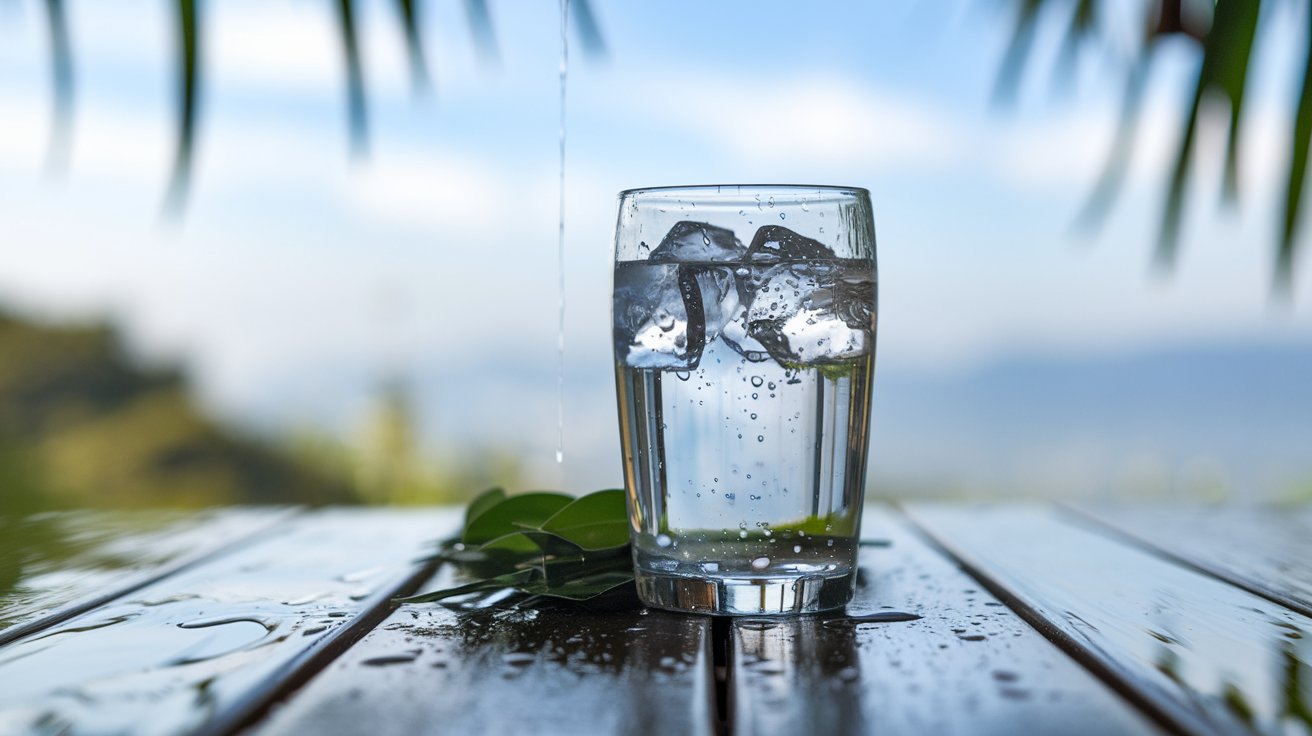
Affiliate Disclosure
Before reading this post, please be aware that some links in this article are affiliate links. This means that if you click on one of these links and make a purchase, we may earn a commission at no additional cost to you. We only promote products and services that we believe will be beneficial to our readers.
For more information, please read our full Affiliate Disclosure.
No products found.
Water is often seen as the essential foundation of life, and there are compelling reasons for this view. It plays a fundamental role in almost every function of the human body. From maintaining optimal organ function to supporting healthy skin, Benefits of water drinking is essential for overall well-being. Let’s explore the various benefits of hydration and understand why water is so crucial for our health.
Introduction to Hydration
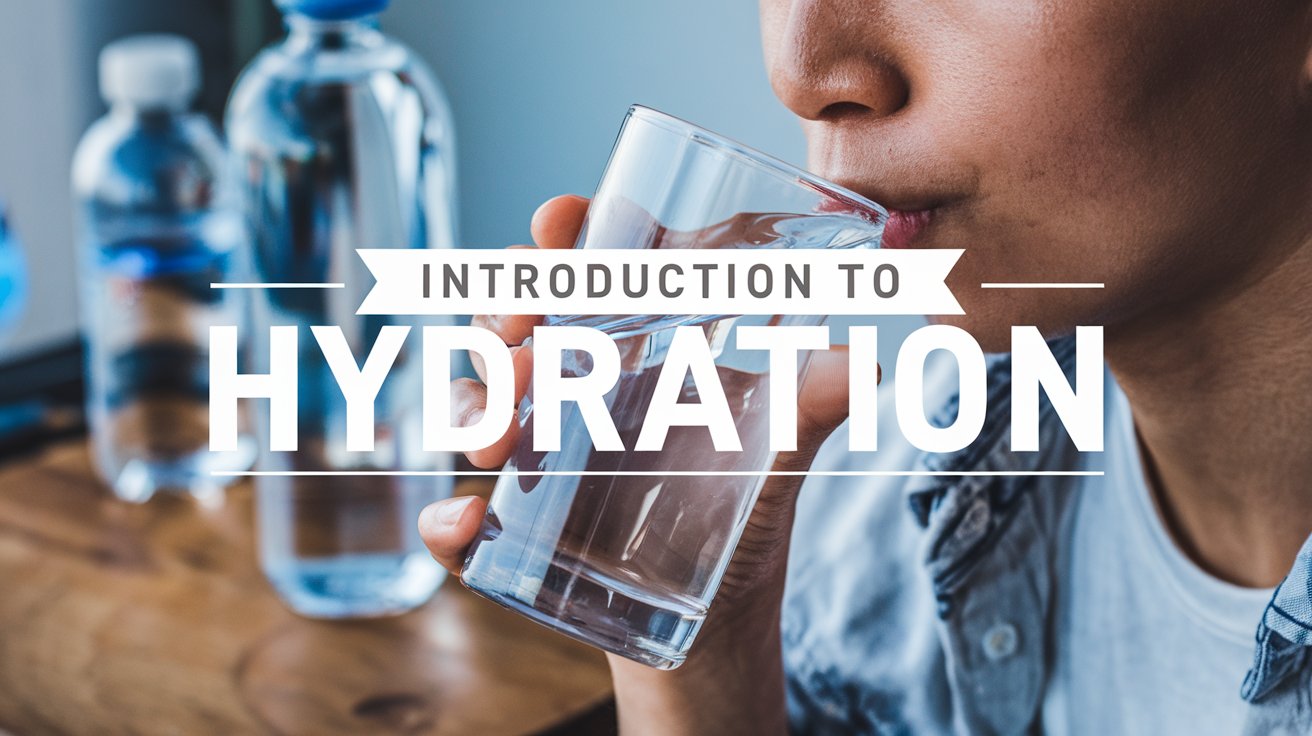
Staying hydrated and benefits of drinking water is more than just quenching thirst; it is about keeping your body functioning at its best. Water makes up about 60% of the human body, serving as the foundation for various physiological processes. It helps regulate body temperature, aids in digestion, and facilitates the elimination of waste. Without adequate hydration, these processes begin to falter, affecting everything from your mood to your physical performance.
How Much Water Should You Drink?
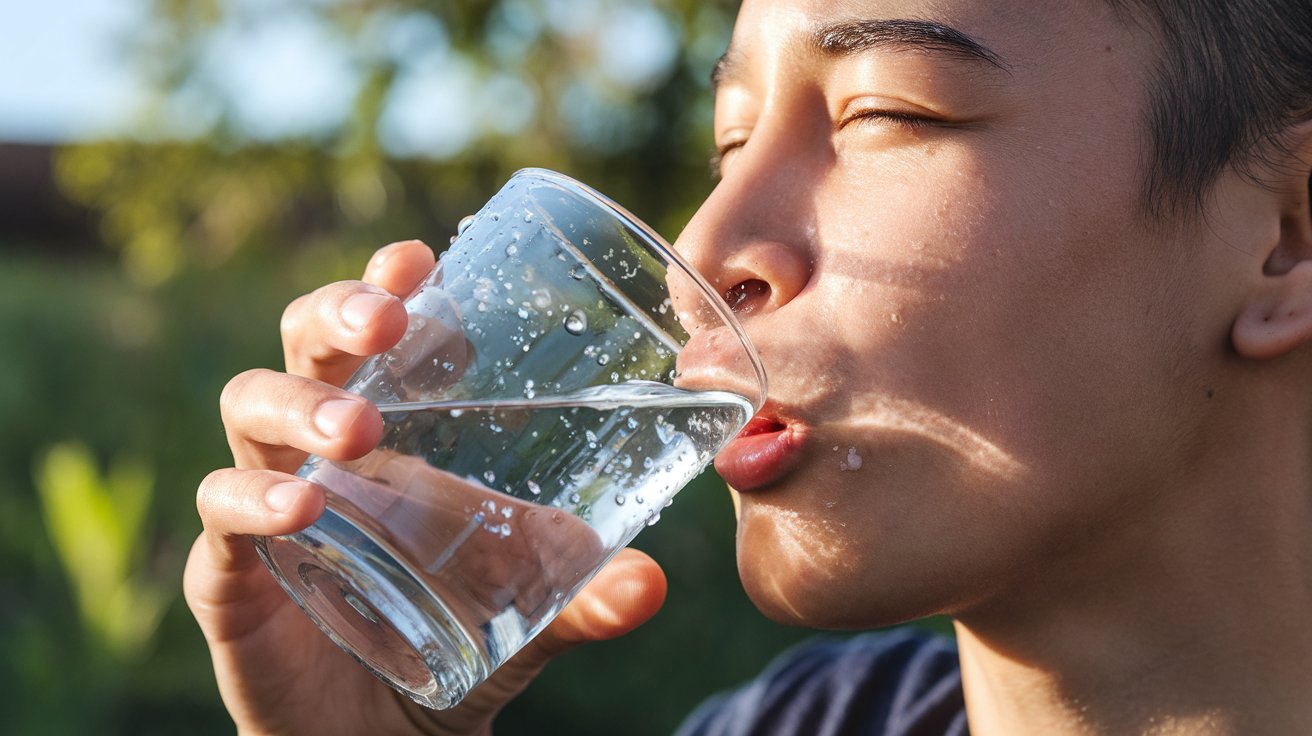
The question of how much water to drink varies based on several factors. While the general guideline is about 8 cups a day, this can differ based on age, activity level, and climate. Athletes, for example, may need more water to replace what they lose through sweat, while individuals in cooler climates might not feel as thirsty but still need to maintain hydration. Understanding your body’s needs and responding accordingly is key to optimal hydration.
The Science Behind Water’s Role in the Body
Water plays a critical role in maintaining cellular function.Every cell, tissue, and organ in your body depends on water to function effectively. Water helps transport nutrients, oxygen, and waste products in and out of cells, supports metabolism, and maintains homeostasis. Additionally, water helps regulate your body temperature through sweating and respiration. Without enough water, cells become less efficient, leading to a range of health issues.
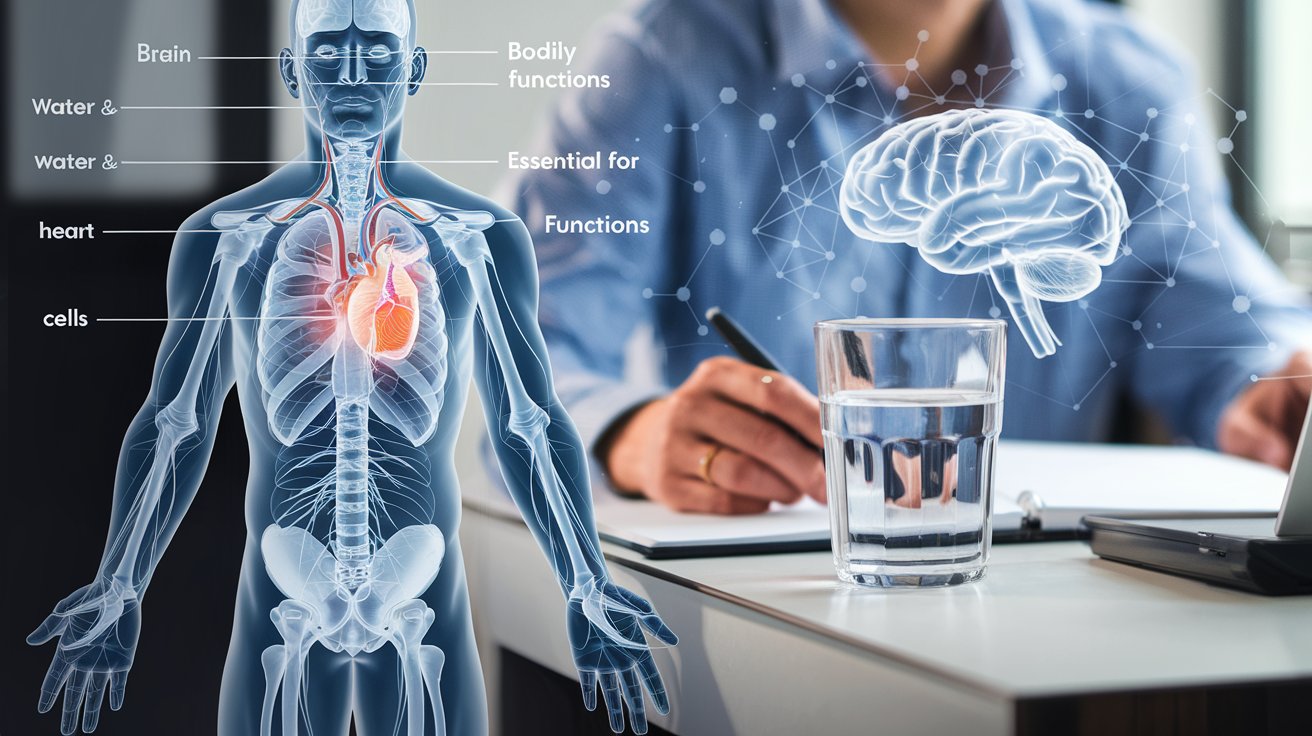
Hydration and Cognitive Function
Proper hydration directly impacts your cognitive abilities. Even mild dehydration can lead to a decrease in concentration, mental clarity, and overall brain performance. Studies have shown that dehydration can negatively affect short-term memory and increase feelings of anxiety and fatigue. Keeping hydrated ensures that your brain functions at its best, improving your focus, mood, and productivity.
Hydration and Physical Performance
Whether you’re an athlete or someone who enjoys casual exercise, hydration plays a key role in your physical performance. Water helps regulate body temperature and lubricates your joints, preventing injuries and allowing muscles to work more efficiently. During physical exertion, the body loses water through sweat, and replenishing these fluids is vital for maintaining endurance, preventing cramps, and avoiding heat-related issues like heat stroke.
Water and Skin Health
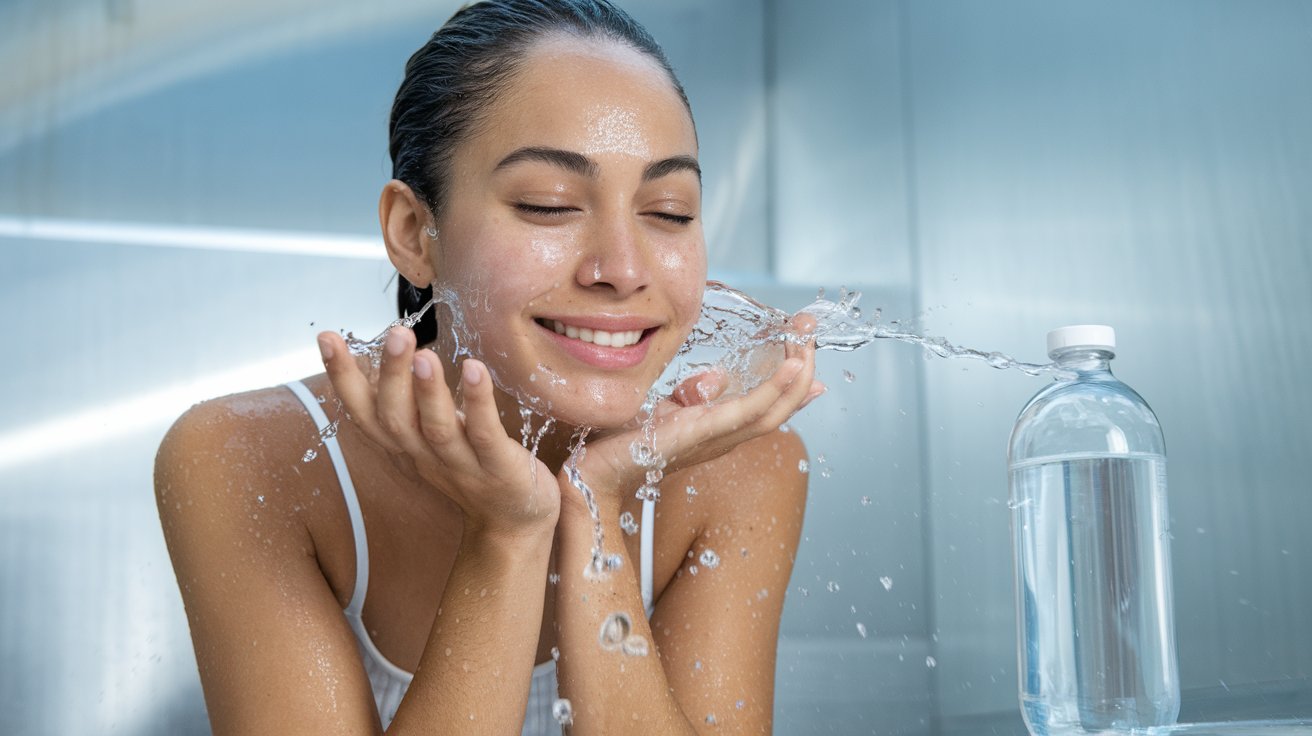
Your skin is the largest organ in your body, and staying hydrated is one of the simplest ways to maintain a healthy complexion. Water helps to keep your skin moisturized, supports the skin’s elasticity, and assists in the removal of toxins that can lead to blemishes and acne. While drinking water won’t directly clear your skin of issues, it creates the foundation for better skin health by helping cells regenerate and function properly.
Digestive Health and Water
Water is vital for digestion. It helps break down food so your body can absorb the nutrients efficiently. Water also softens stool, helping prevent constipation. Inadequate hydration can slow down the digestive process, leading to discomfort, bloating, and other gastrointestinal problems. Keeping your water intake steady ensures that your digestive system runs smoothly, contributing to better nutrient absorption and overall gut health.

The Link Between Water and Weight Management
Drinking water is often suggested as a tool for weight management. Water can act as a natural appetite suppressant by filling up the stomach before meals, reducing the overall number of calories consumed. Additionally, staying hydrated supports a healthy metabolism, ensuring your body burns calories more efficiently. Swapping sugary beverages for water is an easy and effective way to reduce calorie intake and promote weight loss.
Hydration and Heart Health
Water is crucial for maintaining a healthy heart. Dehydration can cause blood to thicken, making it harder for the heart to pump blood throughout the body, which in turn can lead to higher blood pressure and strain on the cardiovascular system. Drinking enough water helps maintain proper blood volume and circulation, which supports overall heart function.
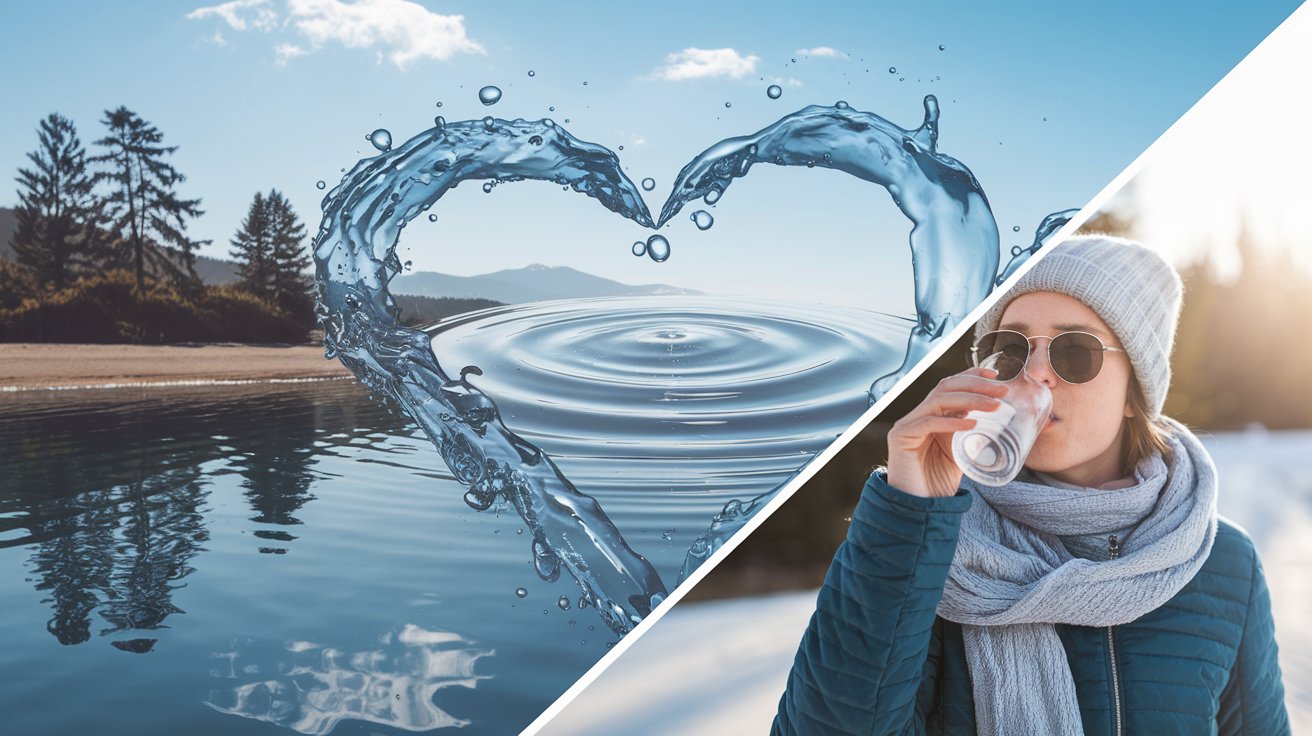
Staying Hydrated During Different Seasons
Your hydration needs fluctuate depending on the season. In hot weather, you lose more water through sweat and need to replenish it frequently to avoid dehydration. In colder climates, people often forget to drink water because they don’t feel as thirsty, but hydration is just as important to maintain energy levels and body function. Paying attention to your body’s signals and drinking water regularly, regardless of the weather, is key.
Debunking Common Hydration Myths
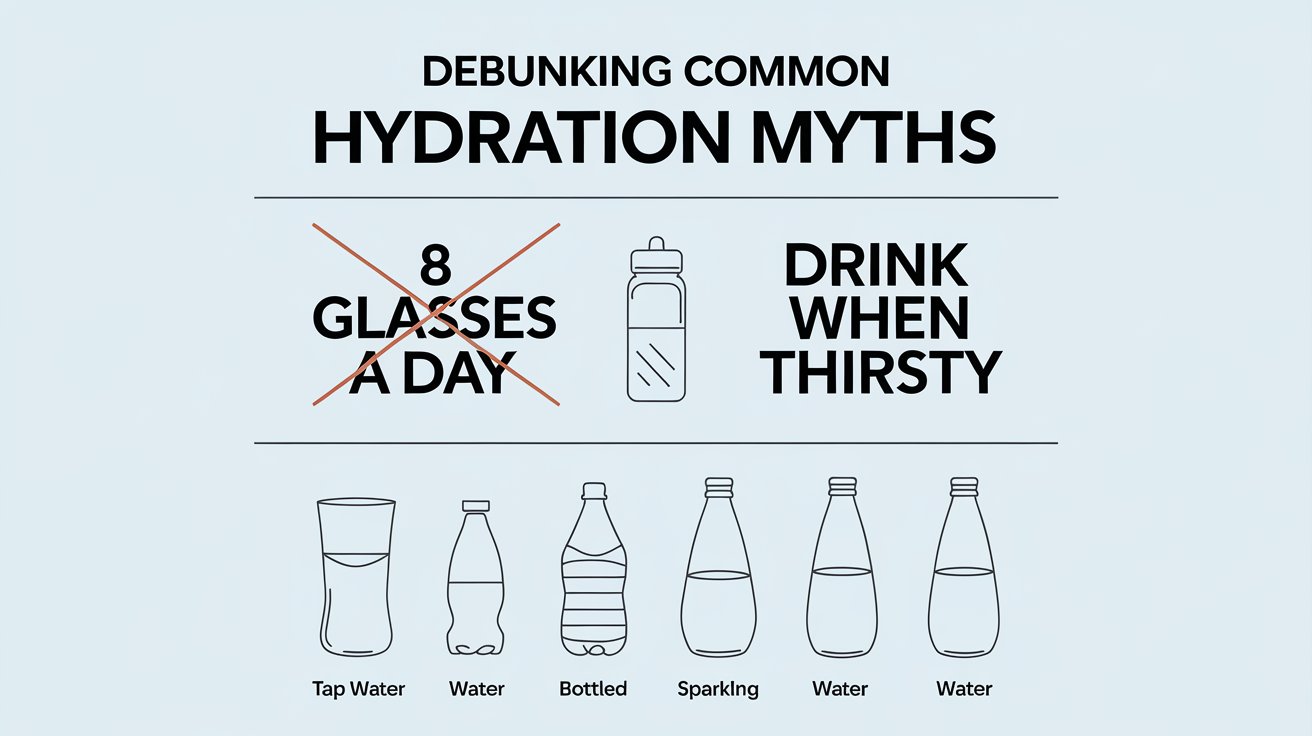
There are several myths surrounding hydration, the most common being that everyone needs exactly eight glasses of water a day. In reality, hydration needs vary widely among individuals. Another myth is that beverages like coffee or tea contribute to dehydration due to their caffeine content, but research shows that moderate consumption does not lead to significant fluid loss. Finally, it is possible to drink too much water, which can lead to a condition called water intoxication or hyponatremia, although this is rare.
Different Types of Water: Which is Best?
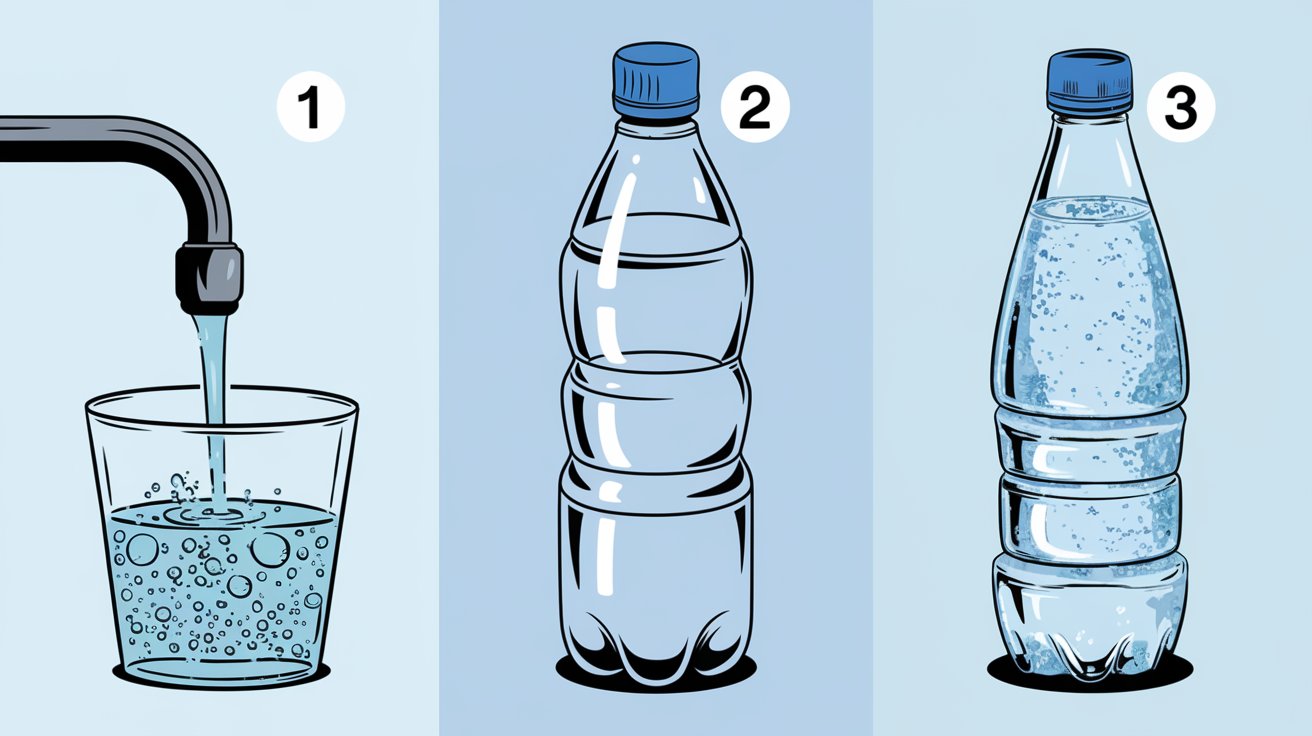
With so many options available—tap water, bottled water, sparkling water, flavored water—it can be confusing to determine which is best. Tap water, in most regions, is perfectly safe to drink and more environmentally friendly compared to bottled water. Sparkling water is a fun alternative, but you should avoid those with added sugars or artificial sweeteners. The best type of water is the one you will drink regularly, keeping you hydrated throughout the day.
Tips for Staying Hydrated Throughout the Day
Drinking water and Staying hydrated doesn’t have to be a challenge benefits. One simple tip is to carry a water bottle with you at all times. Set reminders on your phone to drink water throughout the day, or consider eating more water-rich foods like cucumbers, watermelon, and oranges. If you find plain water boring, try adding a splash of lemon or a few mint leaves to add some flavor without the added sugars of other drinks.
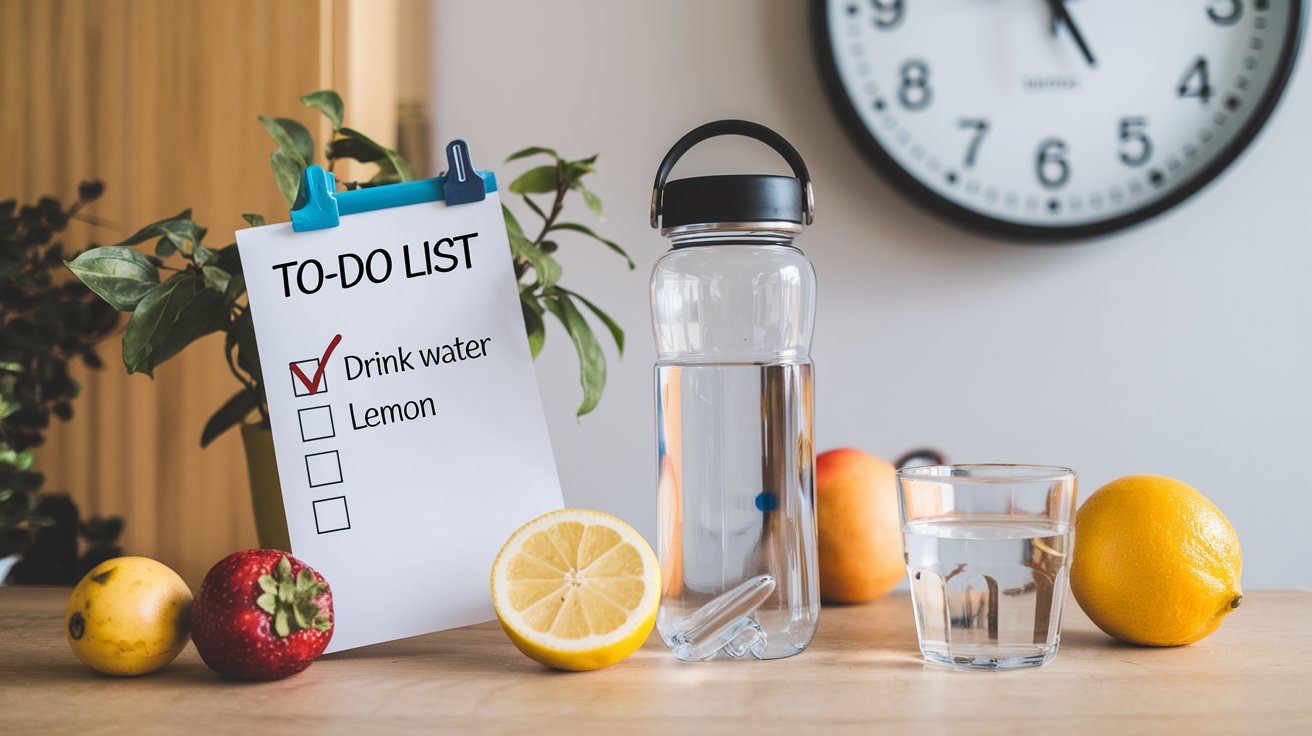
The Consequences of Dehydration
The effects of dehydration can be immediate and far-reaching. Short-term dehydration can cause fatigue, headaches, dizziness, and confusion. Over time, chronic dehydration can contribute to more serious health issues like kidney stones, urinary tract infections, and poor heart health. Recognizing the early warning signs of dehydration, such as dry mouth, dark urine, or infrequent urination, can help you avoid these negative outcomes.
Conclusion
Water is truly the cornerstone of good health. Water drinking and Staying hydrated is the benefits helps keep your body functioning properly, from your brain and muscles to your heart and skin. Incorporating water into your daily routine is one of the simplest ways to support your health and well-being. By understanding your body’s hydration needs and staying aware of the importance of water, you can unlock the many benefits that come with proper hydration.
Read Related Articles
The Ultimate Guide to Warming Your Body: Boosting Health and Wellness
FAQs
How do I know if I’m drinking enough water?
You can gauge your hydration levels by the color of your urine. Clear or light yellow urine usually indicates proper hydration, while dark yellow or amber can be a sign that you need to drink more.
Can I replace water with other beverages?
While other beverages contribute to your fluid intake, water is the best option as it is calorie-free and doesn’t contain added sugars or chemicals.
Is there such a thing as drinking too much water?
Yes, benefits drinking excessive amounts of water can lead to hyponatremia, a condition where the balance of electrolytes in your body becomes disrupted, which can be dangerous.
Does hydration affect sleep quality?
Yes, dehydration can disrupt your sleep by causing dry mouth, nasal passages, and a higher likelihood of waking up at night. Proper hydration can contribute to better, more restful sleep.
What are the signs of dehydration in children?
Children may show signs of dehydration through dry lips, lethargy, irritability, and a decrease in the frequency of urination.
Is it okay to drink water during meals?
Drinking water during meals is fine and can actually aid in digestion by helping break down food and making it easier for your body to absorb nutrients.
Explore More Articles
15 benefits of drinking water
No products found.

Welcome to Merge Blog!
Dive into quick, nutritious recipes, expert health tips, local food finds, and the latest in nutrition. Let’s explore healthier living together!

I’m Divya Bharathi, the person behind MergeBlog. I’m a passionate food enthusiast sharing simple, nutritious recipes and tips for a balanced lifestyle. Join me on this delicious journey!
Divya Bharathi
SUBSCRIBE & FOLLOW
MUST-READ ARTICLES
Join the Newsletter
Dive into quick, nutritious recipes, expert health tips, local food finds, and the latest in nutrition. Let’s explore healthier living together!



